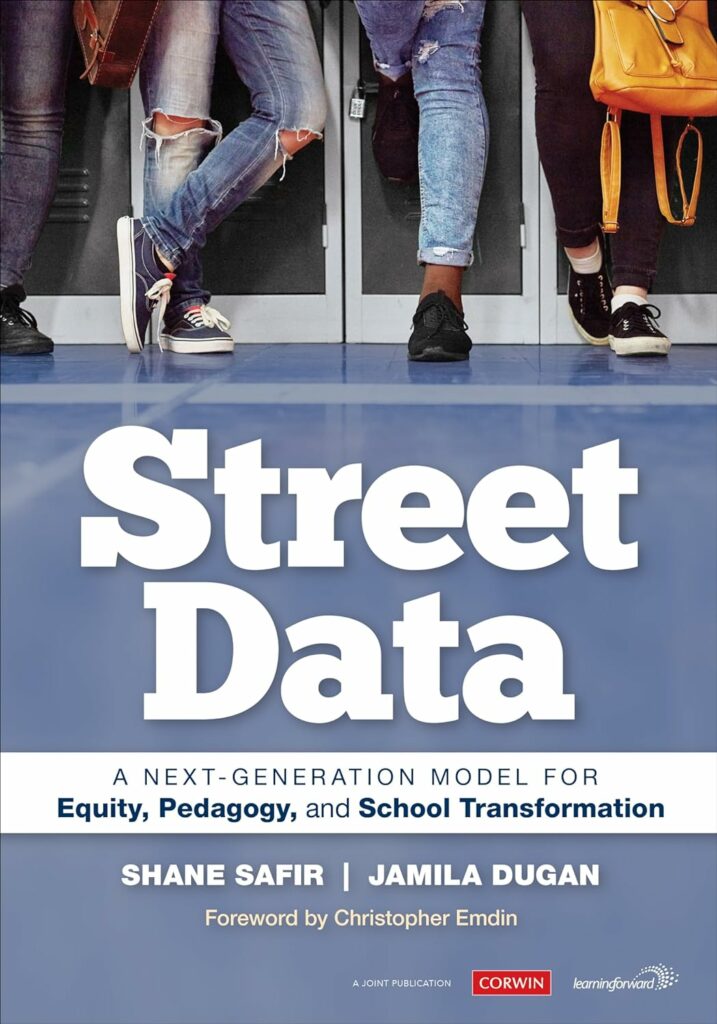“Educators engage in professional learning.”
I’m a fan of saying that stagnancy and complacency are two of the biggest enemies teachers face, especially starting out. Doing the same thing the same way for a long period of time can make the job feel stale, which can lead to apathy, detachment, and burnout. To combat this, teachers take part in professional development days to broaden their horizons and discover new ways of approaching the conveyance of knowledge to their classes.
During my time in the teaching program, I’ve already had the opportunity to partake in a few workshops, both on and off the university campus. Early on in the program, I was an audience member in Shane Safir’s workshop on Street Data. The aim of the presentation was to show that many standardized methods of broad assessment more served to reinforce the status quo and narrow the definition of student success. This “satellite data” as she called it, did nothing to contextualize or humanize the individual realities that such data should be representing. Instead, Shane proposed breaking the mold in education rather than recreating it via means that emphasized student inclusion and agency.

One of the books written by Shane Safir, the presenter I listened to during a professional development period. Image credits to Amazon.ca. If you’d like more information on Shane’s work, click here for the Street Data website!
Another professional development workshop I got to be part of was the Dakelh Language Resource presentation headed by our district’s own Jennifer Pighin! As someone who enjoys language learning and improving lexicons, I also discovered some resources that I hope to utilize when I get back in the classroom. The FNESC’s resources for teaching the sciences from an Indigenous perspective proved to be an intriguing read from multiple perspectives (link here if you want to check it out for yourself!). I myself have not had much introduction to First Peoples ways of knowing and learning, so having these free digital booklets at my fingertips proved invaluable towards my introduction to the topic.
Going forward in the education program and beyond, I think it would be useful to note down the types of workshops one would be interested in. For example, I took the Dakelh Language Resource course to start gaining ideas of how to uphold Standard 9, since my knowledge was insufficient. In the future, I would like to become more trauma-informed to better help my students who fight with myriad issues every day.